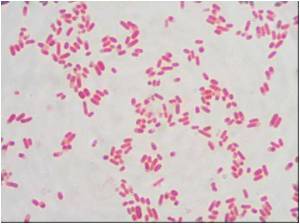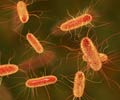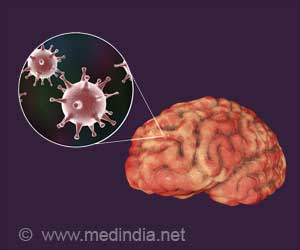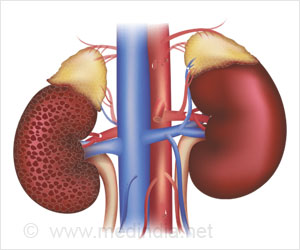The protein-making machinery of E.coli has been successfully re-engineered by Yale University researchers.

Instead of creating something new in nature, the researchers essentially induced phosphorylation, a fundamental process that occurs in all forms of life and can dramatically change a protein's function. The rules for protein phosphorylation are not directly coded in the DNA but instead occur after the protein is made. The Yale researchers fundamentally rewrote these rules by expanding the E. coli genetic code to include phosphoserine, and for the first time directed protein phosphorylation via DNA.
This new technology now enables the production of human proteins with their naturally occurring phosphorylation sites, a state crucial to understanding disease processes. Previously, scientists lacked the ability to study proteins in their phosphorylated or active state. This has hindered research in diseases such as cancer, which is marked by damagingly high levels of protein activation."What we are doing is playing with biological switches — turning proteins on or off — which will give us a completely new way to study disease states and hopefully guide the discovery of new drugs," Rinehart said.
"We had to give some very ancient proteins a few modern upgrades," Söll said.Söll and Rinehart now are attempting to create proteins in states known to be linked to cancer, type 2 diabetes, and hypertension. Both men, however, stressed the technique can be done for any type of protein."Dr. Söll and his colleagues have provided researchers with a powerful new tool to use in uncovering how cells regulate a broad range of processes, including cell division, differentiation and metabolism," said Michael Bender, who oversees protein synthesis grants at the National Institute of General Medical Sciences of the National Institutes of Health.
Source-Eurekalert











